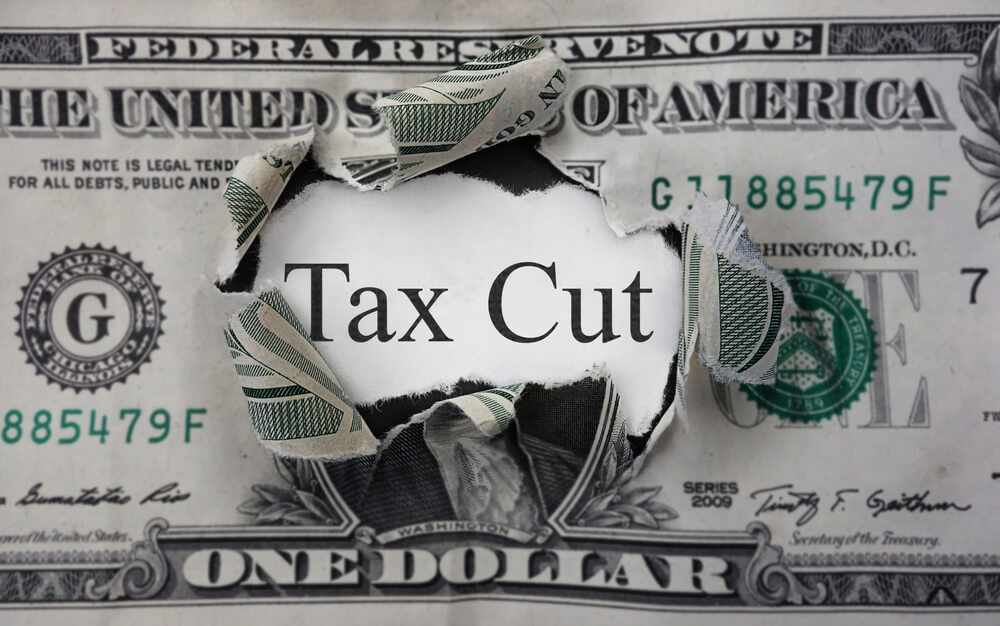The Trump administration is mulling ways to combat the negative impacts of the coronavirus on the U.S. economy, and one idea floated so far is a payroll tax cut — but what does that mean for Social Security and Medicare?
“We’re projected to have about $1.3 trillion in payroll tax revenues come in this year, and so that would be incredibly costly.”
President Donald Trump floated waiving the payroll tax until the end of the year, according to sources the White House. The payroll tax is 6.2% paid by each U.S. employee, also matched by the employer, totaling 12.4%.
Almost 90% of Social Security’s 2019 budget was generated by payroll taxes, according to government figures. Social Security is likely to be insolvent by around 2034, so this cut will further exacerbate an already stressed social program that keeps millions of older Americans above the poverty line.
Additionally, Medicare would hit insolvency by around 2026 if a solution isn’t found.
In addition to the 6.2% payroll tax for Social Security, employees and employers pay 1.45% more toward Medicare. Anyone who is self-employed basically pays both levies, 12.4% and 2.9% respectively. Medicare takes an additional 0.9% surtax from people making over $200,000, or $250,000 for joint filers.
Funds are placed into trusts for each program, and the amount of tax revenue accounts for a big chunk of expenditures for two of the country’s most important social safety nets.
“We’re projected to have about $1.3 trillion in payroll tax revenues come in this year, and so that would be incredibly costly,” Heritage Foundation research fellow Rachel Greszler told CNBC.
The funds have to come from somewhere, most likely the general fund, which would further blow up the already massive federal deficit, expected to exceed $1 trillion again this year.
A similar thing happened in 2011 when payroll taxes were slashed, but at a much smaller scale. The government cut by 2%, sending $109 billion back to U.S. households.
There’s no guarantee the cut will boost consumer spending because people are already wary to go out in public and spend money or travel.
Entertainment options also have taken a hit. Sports leagues across the country announced cancellations and suspensions due to coronavirus, the global pandemic more specifically known as COVID-19.
The NBA and NHL announced their regular seasons are suspended indefinitely, the NCAA canceled March Madness and the PGA isn’t allowing fans at events.
“You don’t get a great bang for your buck when that happens if you’re the government looking for a stimulus,” Gleckman said.
Editor’s note: What do you think of the idea to cut payroll taxes for the rest of the year? What are your thoughts about some of the pros and cons? Share you thoughts below.
• You can find all of the latest and most important news about Social Security here on Money and Markets.




